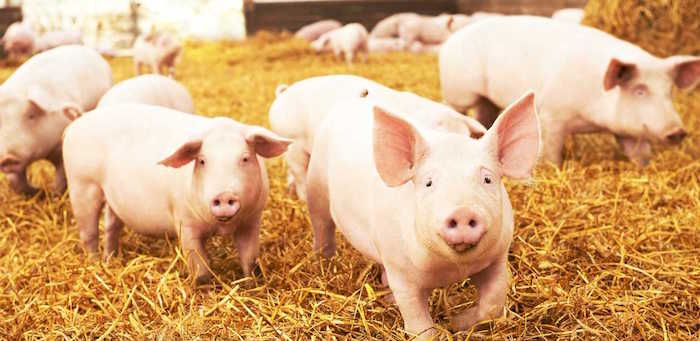The average Farm Business Income (FBI) for specialist pig farms in England grew by 167% on the year in 2016/17, from £21,600 to £57,800, according to latest data from Defra.
Furthermore, this represents the highest FBI for pig farms since 2013/14, a period when pig prices were climbing and feed costs were falling. Despite hitting multi year lows earlier in 2016, pig prices firmed in the second half of the year, partly due to a tightening in supply and the weaker sterling. Likewise, while pig meat production was down over the period, it was outweighed by a considerable fall in costs, largely feed.
However AHDB analysis of the figures highlighted that in 2016/17 some of the increase in FBI was driven by an increased proportion of contract rearing farms within the sample and on these holdings some outputs are not paid for by the producer. For non-contract rearing enterprises it is expected that farm output increased by more than 25% in 2016/17. Furthermore, in the 2016/17 FBI sample, there was one predominantly influential enterprise, which if removed from the results, the average FBI for specialist pig farms would have increased by 87% to £39,500.
The rise of 167% or even 87% was the largest proportional increase in FBI for any farm type in 2016/17. All farm types excluding specialist poultry enterprises, which suffered from lower output of poultry meat, recorded a rise in FBI during the period, with the income for all farm types averaging £38,000. Despite a fall in cereal production, driven by lower yields, output costs were considerably less, driving the overall rise in income. For both Lowland and LFA grazing livestock, firmer beef prices combined with a rise in output in some cases, and an increase in Basic Payment led to a rise in FBI for both farm types.





